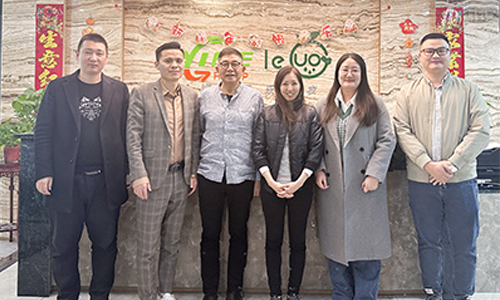In today's world, where food security and safety are major concerns, vertical aeroponic technology has emerged as a game-changer in the agriculture industry. This innovative technique involves growing plants in a vertical tower system, using nutrient-rich water instead of soil. This method is highly efficient and sustainable, with the potential to revolutionize the way we grow our food.
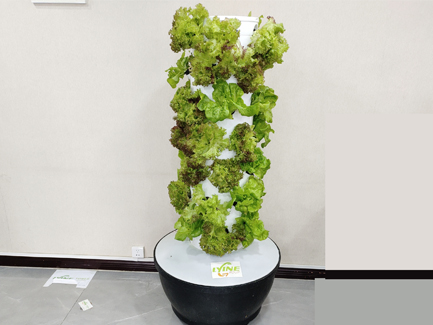
Understanding Vertical Aeroponics
Vertical aeroponics is an innovative technique that involves growing plants without soil, utilizing a nutrient-rich mist or fog instead. By suspending plant roots in mid-air, the system supplies water, nutrients, and oxygen directly to the root zone. This controlled environment optimizes plant growth, allowing for faster development and increased yields compared to traditional farming methods.
One of the most popular applications of vertical aeroponic technology is in growing lettuce. Lettuce is a staple in many households, and it is also one of the most commonly consumed vegetables in the world. However, traditional methods of growing lettuce can be time-consuming and require a lot of resources. With vertical aeroponic technology, lettuce can be grown faster, with less water and space.
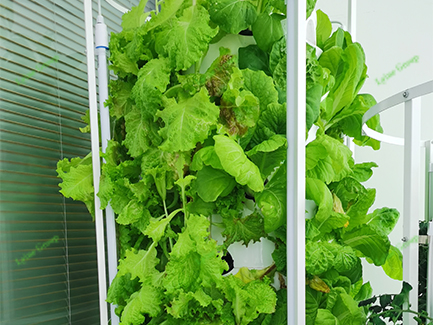
Benefits of Vertical Aeroponics for Lettuce Cultivation
1. Space Efficiency
Vertical aeroponic tower systems, capitalize on vertical space rather than horizontal land. This allows growers to maximize productivity within limited areas, making it ideal for urban environments or locations with limited arable land. With multiple tiers stacked one above another, these towers can accommodate numerous lettuce plants, significantly increasing yield per square meter.
2. Enhanced Nutrient Uptake
With their roots exposed to a nutrient-rich mist, lettuce plants in vertical aeroponic systems can absorb nutrients more efficiently compared to soil-based cultivation. This accelerated nutrient uptake results in healthier and more vibrant lettuce, rich in essential vitamins and minerals.
3. Water Conservation
Vertical aeroponics employs a closed-loop system, where excess water and nutrients are recirculated, minimizing wastage. Compared to conventional agriculture, which often requires large volumes of water, vertical aeroponic systems can save up to 95% of the water typically used for lettuce cultivation. This water-efficient approach makes vertical aeroponics a sustainable solution in regions facing water scarcity or drought conditions.
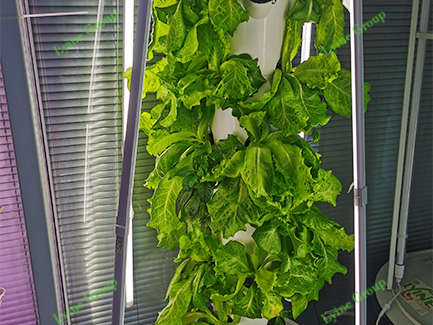
4. Pest and Disease Control
By eliminating soil usage, vertical aeroponic systems reduce the risk of pests and diseases commonly associated with traditional farming methods. The controlled environment minimizes exposure to pathogens and pests, reducing the need for chemical pesticides. Consequently, lettuce grown in vertical aeroponic setups is not only safer for consumption but also contributes to sustainable agricultural practices.
Vertical aeroponic technology offers a game-changing approach to lettuce cultivation, enabling the production of fresh and nutritious lettuce in a space-efficient and environmentally friendly manner. With its ability to maximize productivity, conserve water, and minimize the use of chemicals, this innovative technique has tremendous potential to transform urban agriculture and provide a sustainable solution for supplying the freshest lettuce year-round.




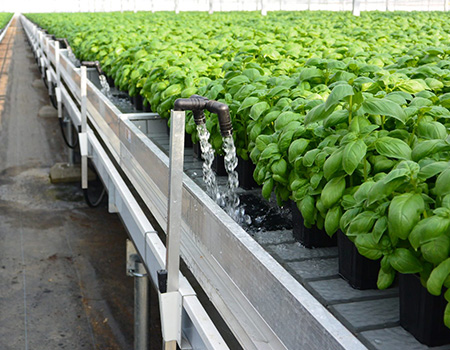
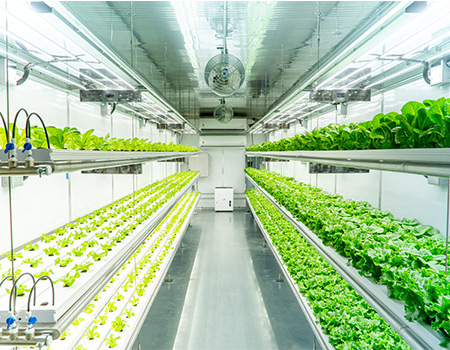
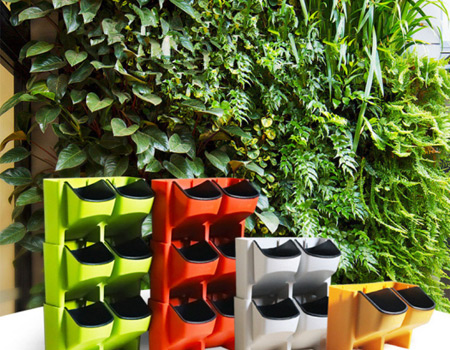
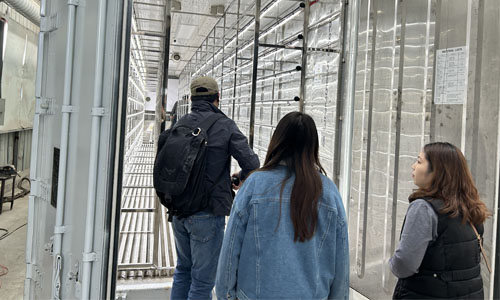
.jpg)
